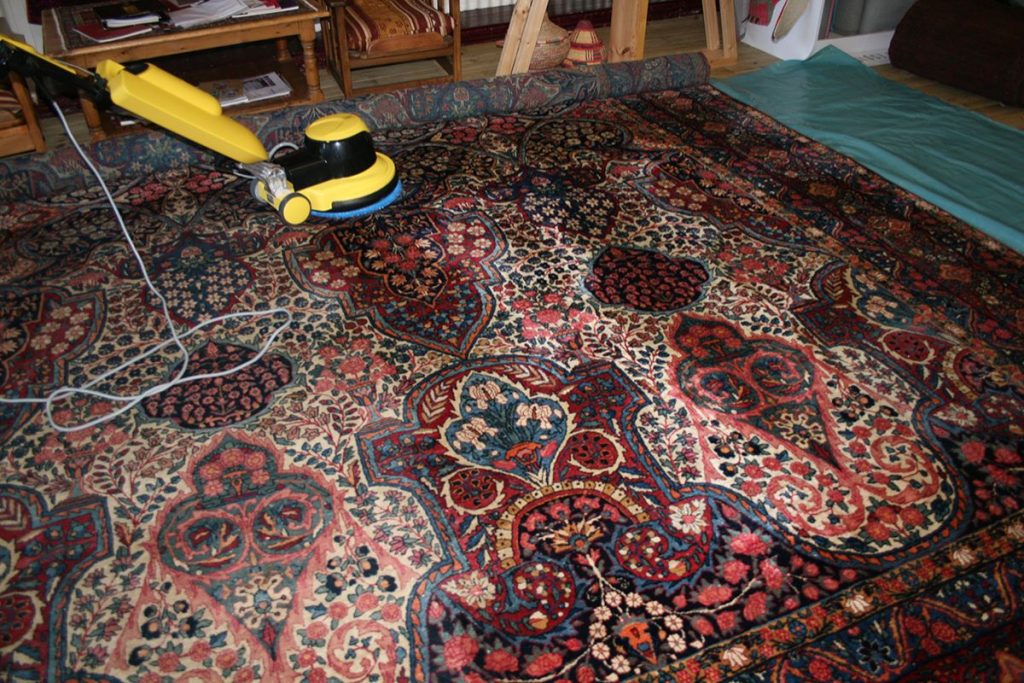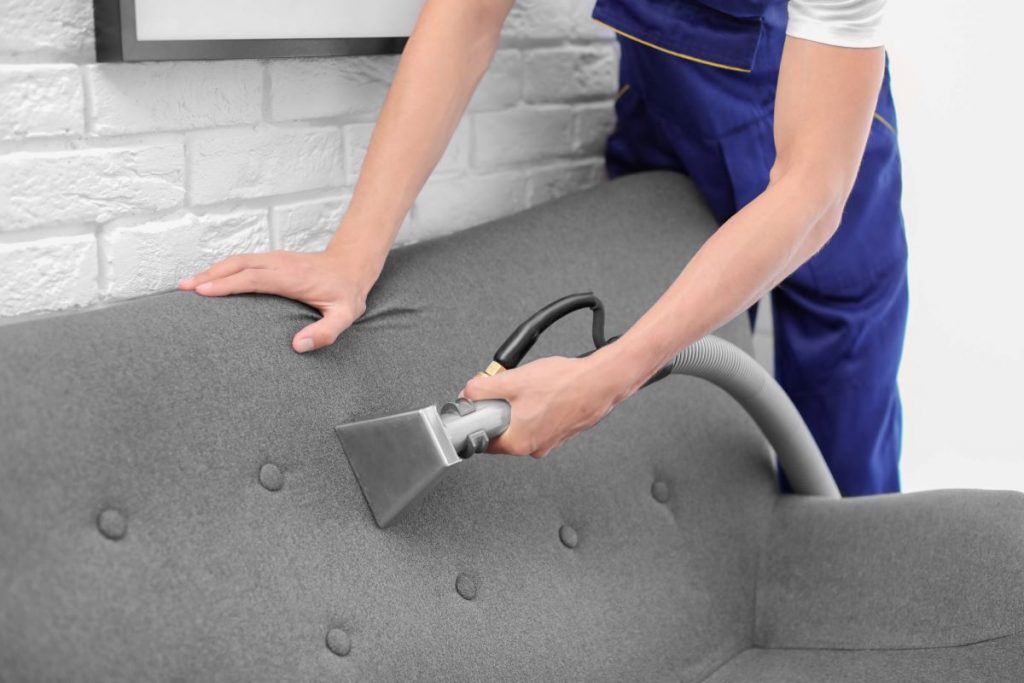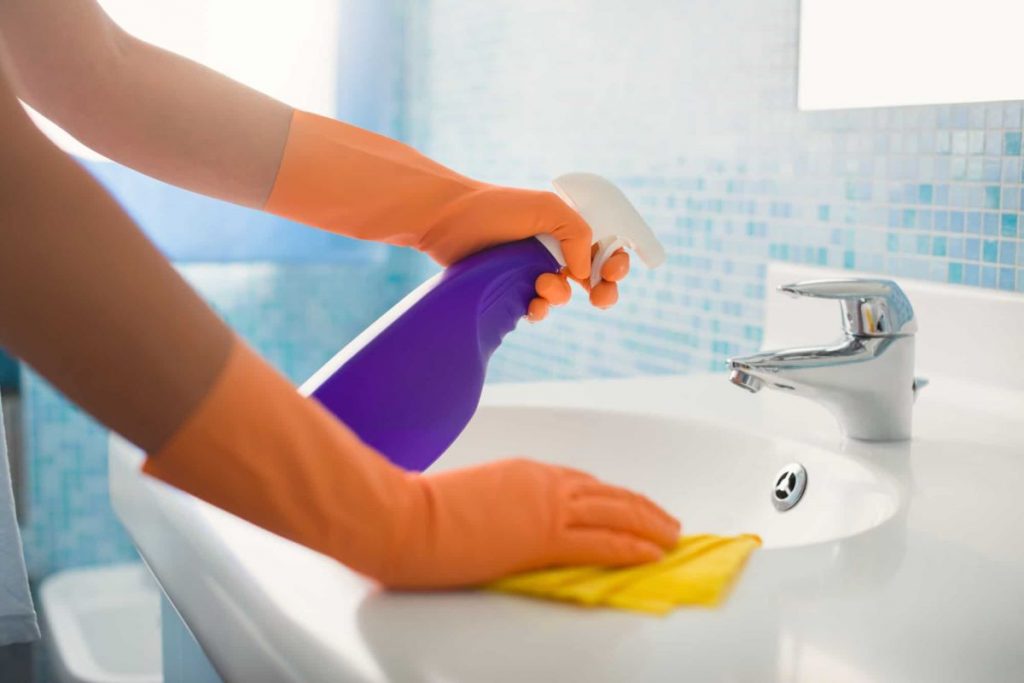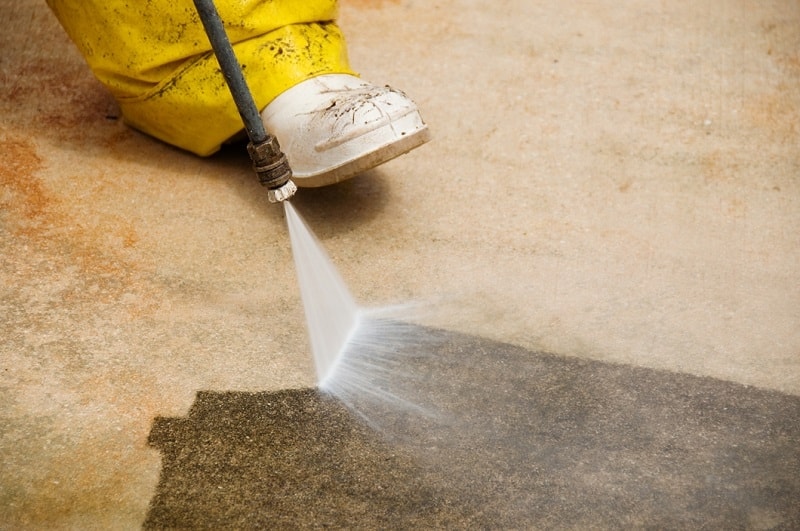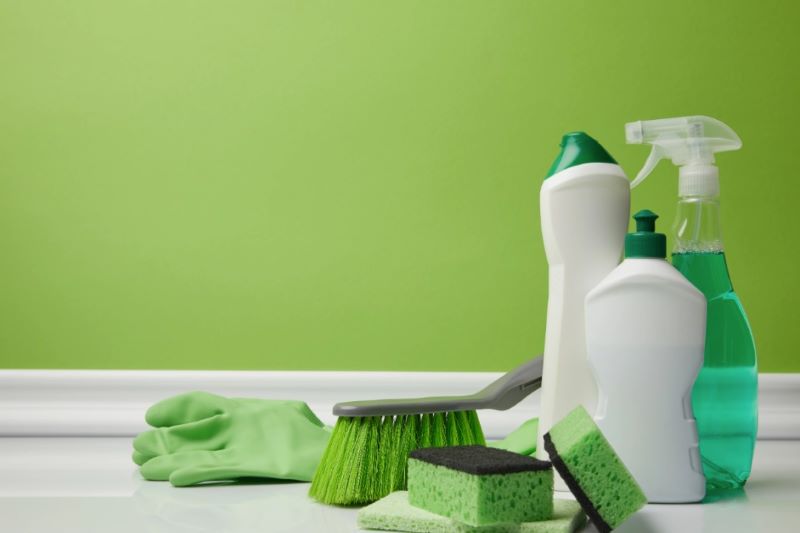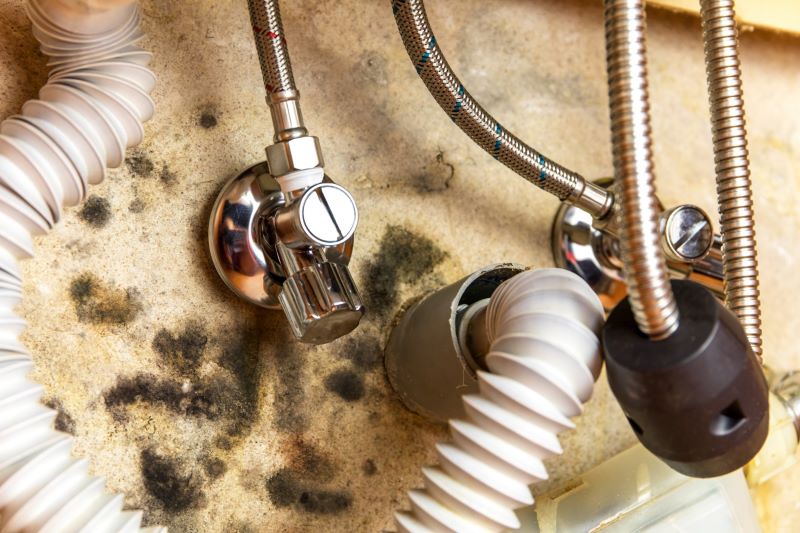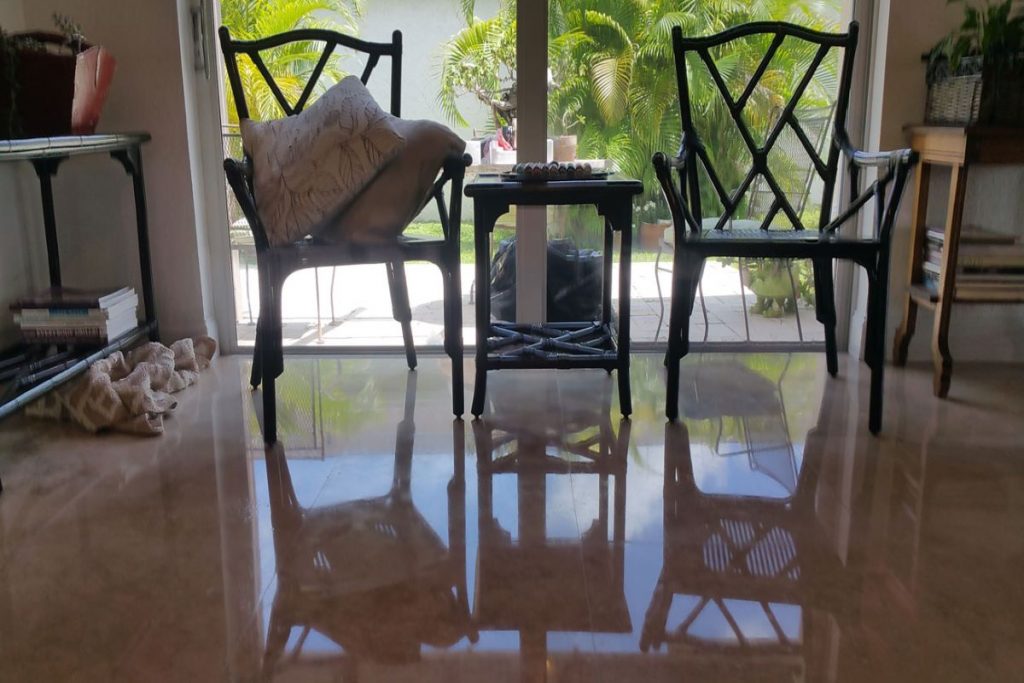Table of Contents
What if you have actually been cleaning your house wrong and wasting all your efforts all this time? Wouldn’t that inspire you to do housework in a more efficient way from now on?
As a matter of fact, all it takes are the right techniques, tools and products, to perform deep cleaning in your house in a faster and better way.
Most people have different methods of cleaning. Some may think that a simple wipe here and the application of some disinfectant there already count as tidying up. But you may actually be using the wrong solutions which could potentially damage your appliances and surfaces.
To avoid doing housework wrong, let a seasoned cleaning professional handle the job and show you how to avoid these huge mistakes when making your house sparkling clean.
1. Wiping windows on a sunny day
When cleaning windows, make sure you don’t do it on a sunny day. The sun’s heat warms up your windows, which makes your cleaning spray evaporate quickly. It causes the spray to dry up too quickly, leaving behind streaks.
It’s best to clean windows on a cloudy day and follow these tips:
- Begin by sweeping the frame, window and screen using a brush or vacuum to eliminate mud pile-up and dirt.
- Use a microfiber cloth to wipe the window together with a cleaning spray.
- Don’t use newspapers to wipe windows because they can actually cause some ink to come off, making a bigger mess. If you’re trying to save on cleaning materials, you can use a plain brown paper bag instead.
2. Mixing up utensils in the dishwasher
Don’t jam utensils inside the dishwasher because it will only cause them to get an uneven washing. Ensure that you’re placing spoon handles up and down, but keep your fork runes up to get the best cleaning.
Furthermore, you shouldn’t mix stainless steel and silver flatware as the silver can become eroded.
You shouldn’t be stacking items either because the water spray won’t be able to reach and clean the dishes on top. Your dirtiest items should be at the bottom rack facing center so that they’re nearer to the spray arm. And if you’re making use of a detergent pod, place it inside the dispenser instead of tossing it because it will dissolve fast.
Don’t put non-stick pans inside your dishwasher
Over time, the hot water from the dishwasher can wear out the non-stick coating on your pans. If you don’t want to reduce the lifespan of your non-stick pans, they have to be hand-washed. Use warm water, dish soap and a small amount of elbow grease.
Don’t place kitchen knives in the dishwasher
A dishwasher detergent is abrasive and, combined with the banging that occurs during a wash cycle, can take the sharp edge off your knives. Most importantly, it’s not safe for you to unload the dishwasher with the knives around. The best thing to do is to hand-wash your knives using warm water and dish soap.
3. Spraying upholstery and carpet stains
Your instinct may tell you that you should spray the cleaner directly on the stain, but that isn’t a good idea. Doing so can damage and wet the fabric or carpet, making it hard for you to rinse it out.
Instead, spray the cleaner on a cloth and gently dab that on the stained area until it’s clean. When you rinse, do the same thing, using a clean cloth dipped in cool water.
4. Using a generous amount of liquid when washing clothes
It’s a common mistake to pour fabric softener or laundry detergent generously into the washing machine. Unfortunately, excess liquids won’t be of any help to your appliance, clothes or even skin. Always make it a habit to measure and read recommendations for the size of the load you’re washing.
If your load is large or extra dirty, you can add a little more softener or detergent.
Don’t wash your gym clothes with only detergent
Most people wash workout clothes the same way they wash everything else. But when it comes to gym clothes, you really have to go the extra mile due to their (often) stinky smell. Pour a little vinegar in the washing machine then run the load again with baking soda to eliminate the smell and kill bacteria.
Don’t use fabric softener on towels
When washing towels, you should avoid putting fabric softener. A fabric softener or fabric softener sheet works by placing a coating on fabrics which you can’t remove. This, in particular, will render your towels less absorbent.
Don’t close the washing machine door in between uses
If you noticed an unpleasant smell from your washing machine, it’s probably because you are leaving its door closed in between uses. It may seem tempting to close the door immediately after use, but that would mean that your washing machine doesn’t have any method to air itself out while you’re using it.
This means that the damp drum, combined with leftover soap scum, creates a breeding ground for mildew and musty odors.
5. Neglecting the vacuum cleaner
Just because you use the vacuum when cleaning doesn’t mean you should neglect it. Your vacuum also deserves some cleaning and needs to change its filter once in a while. If you fail to do this, your vacuum cleaner won’t be able to get much dirt and dust, and its dirty vent could even release dust back into your carpet or in the air.
6. Washing food down the sink drain
You may be guilty of this with your kitchen sink. Most pipes are not equipped to hold food debris in water. In fact, the food you wash down the drain will stay at the base of the pipe, rot, and emit a foul smell into your kitchen.
Moreover, the greasy food that you wash down the sink can even cause pipe blockages which can lead to a burst pipe or flood.
Make sure to install a sink strainer and empty it regularly. Also, have a plumbing expert do some property maintenance from time to time to avoid any huge costs from blocked pipes.
7. Using vinegar on stone countertops
If you love to clean with vinegar, you should remember to avoid using it on stone surfaces as the acid from the vinegar can wear them down, leaving them susceptible to scratches and knicks. Make sure to clean stone surfaces with cleaning products that are specifically suitable for it.
Wanting to keep your home clean is one thing, but you should also make certain that you’re doing it right and using the appropriate tools and products. Now that you know what mistakes you could be making every time you clean, use this as your guide to avoid doing more damage and creating extra cleaning work. Remember: While cleaning itself may sound simple, there are still proper and correct ways to do it.

